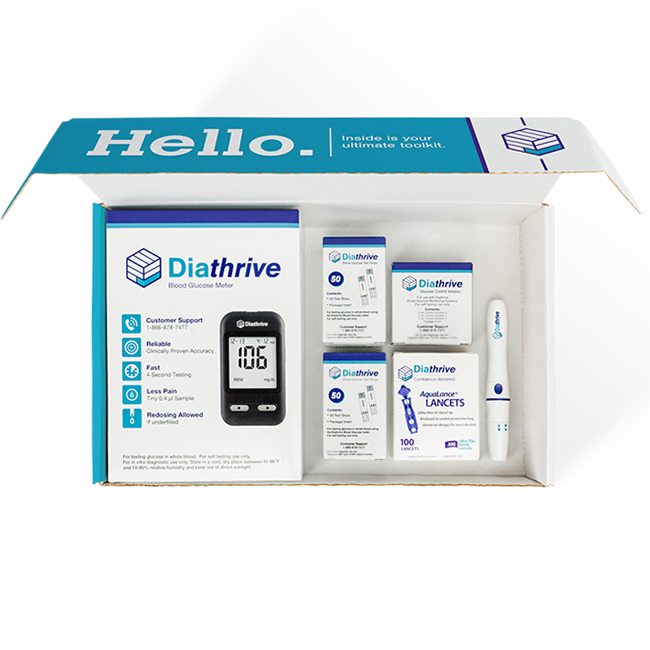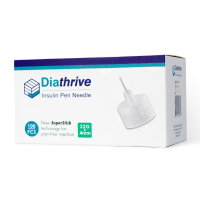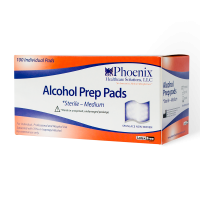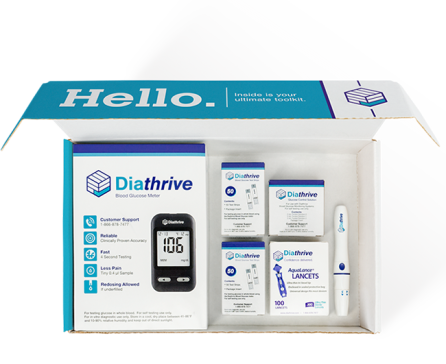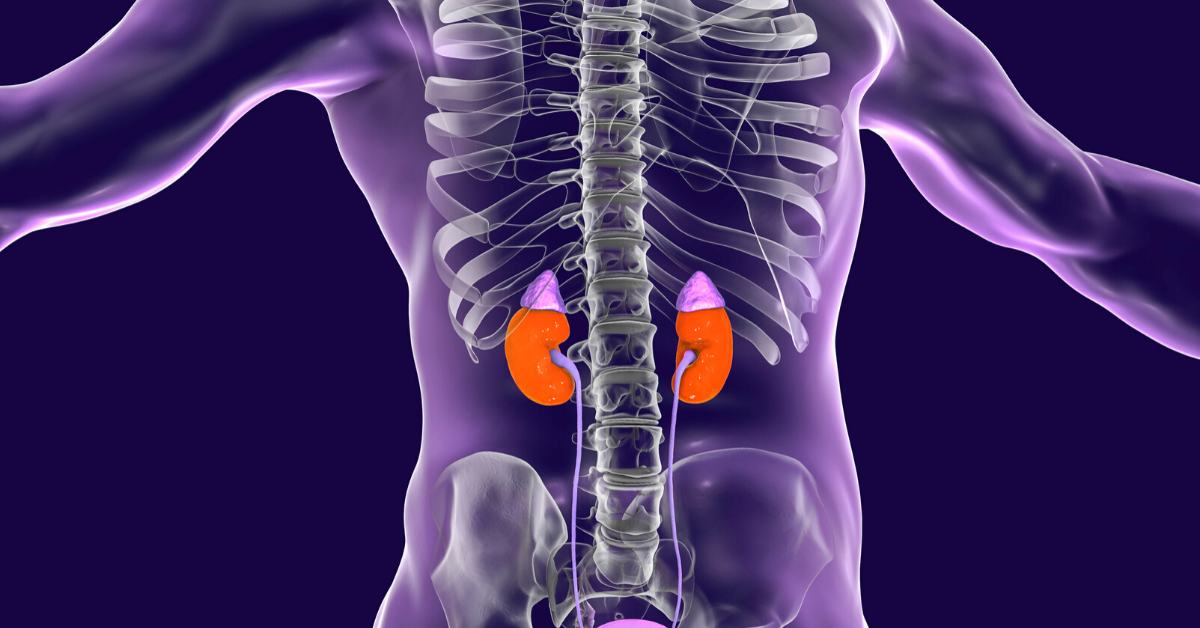
Nephropathy (kidney disease) is a potential complication of diabetes. Diabetes specialist Carla Cox explains what it is, how it's diagnosed, and how to prevent or treat Nephropathy.
People with diabetes are at risk of developing kidney disease (nephropathy), particularly when glucose levels have often been above target for extended periods, blood pressure has been high, and/or lipids have been above goal. Approximately 20-40% of people with diabetes develop some degree of kidney disease.
Kidneys have tiny blood vessels that act as filters, helping remove waste products from the bloodstream and sending them out through urine. Kidneys also help:
-
Balance the body’s fluids
-
Keep blood pressure under control
-
Keep bones healthy
-
Make red blood cells.
When glucose levels in the blood are above target, they can cause damage to the blood vessels and restrict blood flow limiting their ability to function.
How is Nephropathy diagnosed?
Assessment of kidney disease is done through a urine test, measuring the ratio of albumin (a protein) and creatinine (a waste product of normal everyday wear and tear on muscle). Several assessments should be completed before a diagnosis as there are many variables that can influence test results, such as recent exercise, marked high glucose, menstruation and high blood pressure.
Kidneys work hard to overcome the first stages of kidney failure, so there are no warning signs. You may not have any clinical signs of kidney disease, so the assessment is important in order to take preventative measures and reduce progression to kidney failure if kidney disease is present. Getting screening tests done is so important.
Nephropathy is graded in four stages:
-
Stage 1 refers to spilling small amounts of albumin in the urine. In untreated persons at this stage, progression to stage 2 – 5 will occur over the following 10-20 years. Recommendations include limiting protein in the diet (particularly animal protein), managing glucose and blood pressure within target range, stopping smoking, and regular exercise.
-
Stage 2 you have mild loss of kidney function and recommendations are the same as for stage 1.
-
Stage 3 You will generally be referred to a nephrologist (doctor that specializes in kidney disease). You may be referred to a dietitian specializing in kidney disease to review your eating plan and make suggestions for some changes. You may have some signs and symptoms at this point, such as some edema (swelling of the face, hands or feet), and a decrease in the amount of urine produced.
-
Stage 4 is considered severe loss of kidney function. Treatment options such as dialysis or transplantation will be discussed. You may be scheduled for surgery to have access in
your arm placed so that you will be able to start dialysis (a system to cleanse your blood to help replace the function of the kidney).
-
Stage 5 is kidney failure. Your kidney function at this stage is only 10-15% of normal and requires dialysis or transplantation. This often occurs after years of chronic kidney disease.
Can Nephropathy be prevented?
Prevention of Nephropathy includes keeping blood sugar in target range (ADA goal 70-130 mg/dl before meals and up to 180 mg/dl within 2 hours after your meals), maintaining recommended goals for lipids (blood fats) and blood pressure, and not smoking or using nicotine. Prevention also includes regular screening. If nephropathy is detected, treatment can start early and help to preserve kidney function. People with type 2 diabetes should have a test for kidney function on diagnosis and annually thereafter. People with type 1 diabetes, within the first 5 years of diagnosis, followed by annual testing. The reason for the difference in timing of recommendations is because often, when diagnosed with type 2 diabetes, people have had high glucose for some time and could already have some kidney damage. As kidney disease progresses, fluid buildup may be one of the first symptoms. Loss of sleep, weakness, difficulty concentrating on tasks and poor appetite are some of the other symptoms that may occur.
How is Nephropathy treated?
Treatment includes lifestyle changes and medications that can be used to help reduce the progression to kidney failure. Some providers will recommend moderation in protein intake. If that has been recommended, make sure to make an appointment with a dietitian familiar with diabetes and kidney disease to help you design your food plan. A diet too low in protein can also lead to problems. A food plan substituting some vegetable protein (beans, nuts) for animal protein may also be helpful. A medication called an ACE (angiotensin-converting enzyme-inhibitor) or an ARB (angiotensin II receptor blockers) may be prescribed to help protect your kidneys. A SGLT2 (sodium-glucose cotransporter 2 inhibitor) may be another alternative for treatment of early-stage kidney disease.
To summarize: maintain blood glucose values within target range most of the time by checking your glucose and make lifestyle or medication adjustments as needed. Share your glucose results with your health care provider for recommendations to keep you on target. Manage blood pressure and lipids with lifestyle and/or medications, do not use nicotine and make sure you are screened annually or more often if recommended by your health care provider. Do not ignore those valuable kidneys!


